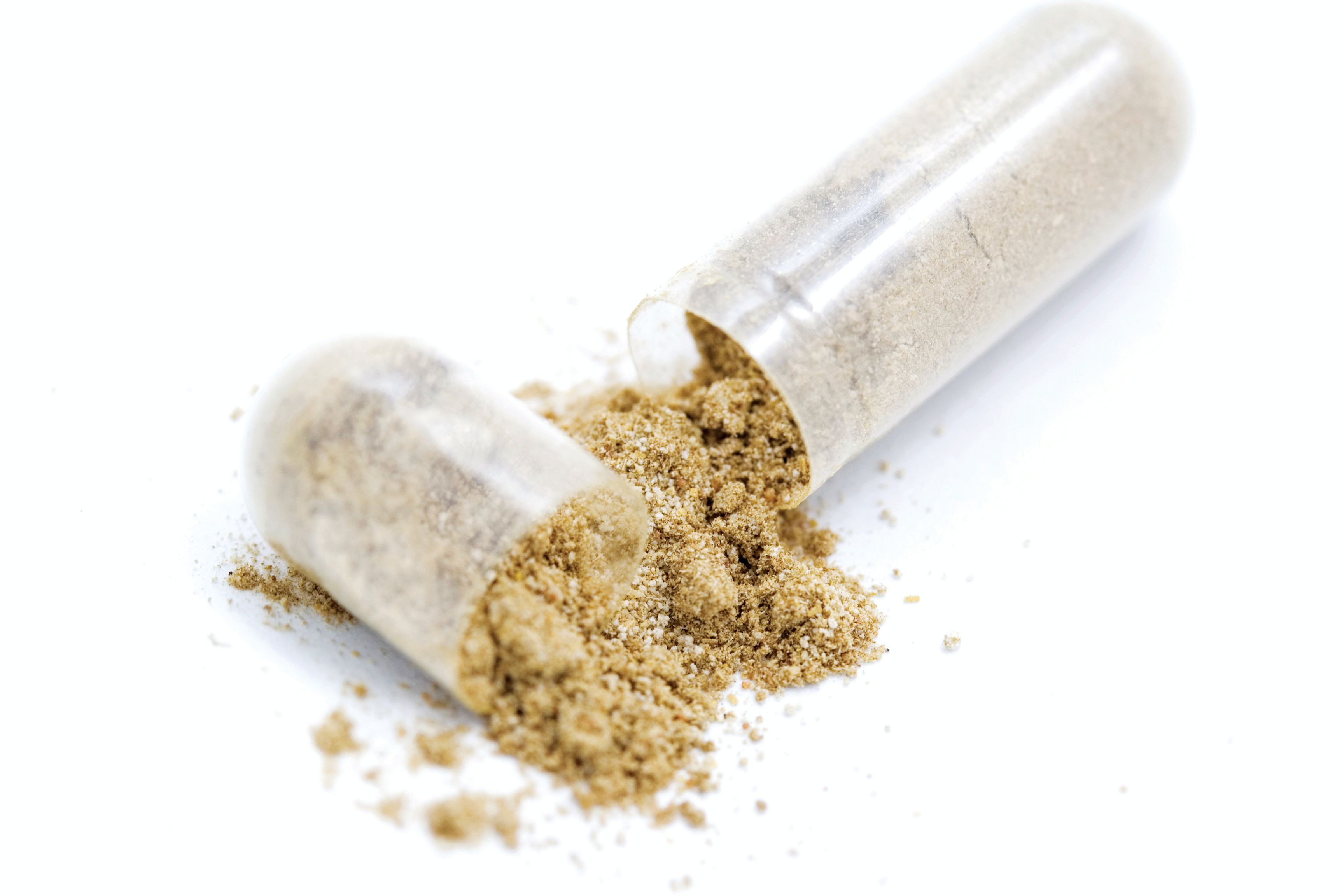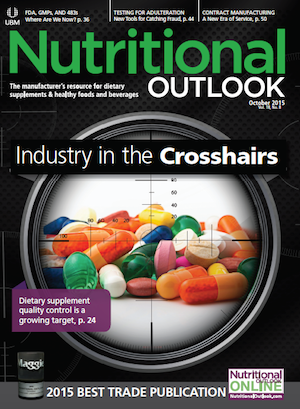Editorial: Turning Up the Volume on Dietary Supplement Quality Control
Photo © iStockphoto.com/Somus

Th October print edition of Nutritional Outlook, dubbed our “Quality Issue,” comes at a critical time for the dietary supplements industry. While debates over topics such as economically motivated fraud and illegal spiking are not new to industry, what is new is a sharpening public focus on current regulations and growing demands for quality control.
Criticisms of the supplements industry came to a head in February when New York Attorney General (NY AG) Eric Schneiderman ordered herbal-supplement retailers and manufacturers to pull products from shelves. Since then, the NY AG has not let up on his mission to root out what he calls “serious problems in the herbal supplements industry,” along the way assembling a coalition of attorneys general who have asked FDA and Congress to revisit and toughen U.S. supplement regulations. Most recently, in September, AG Schneiderman went after devil’s claw products, alleging they are misbranded and “yet another sign that weaknesses in the supplements industry’s approach to quality control are having real-world consequences for consumers.”
Schneiderman’s cries of foul play have garnered significant media coverage, piling on top of years of building headlines about disappointing studies, recalls, etc.
But are consumers hearing his cry?
So far, no, per market estimates. In our cover story, Kim Kawa, BSc, natural products specialist at SPINS and one of our editorial advisory board members, reports that sales of herbal supplements over the past year (up until August 9, 2015) had actually gone up 9% in all retail channels that SPINS tracks. We’ll know more when complete 2015 numbers are in, but longtime industry member Scott Steinford, executive director and president of the CoQ10 Association and the Natural Algae Astaxanthin Association, shares another example-the fact that share prices of leading supplement brands show stronger, not weaker, performance.
Still, it’s quite appropriate to say that the stakes have never been higher for the dietary supplements industry; to sustain any kind of growth, the industry moving forward must prove to the public that it is well regulated and sells safe, efficacious, and high-quality products.
The Dietary Supplement Health and Education Act (DSHEA) has ruled the supplement landscape for over 20 years now. Some might call that more than enough time for an industry to demonstrate whether its regulations work, while others say that the industry is relatively young and still adjusting to compliance under more-recent rules like current Good Manufacturing Practices (cGMP). (Click here for an updated look at industry-wide cGMP performance.)
Will dietary supplement regulations look the same way in 10 years that they do today? Some hope so; some don’t. Industryfolk are the first to say that this year’s events have been a hard pill to swallow. They also acknowledge that there are problems that need fixing, as with any industry dealing with outliers acting illegally.
The supplement manufacturers we spoke to know that they are competing in a time of higher scrutiny. No matter what comes next, all industry members must face head-on debates over whether the industry needs premarket approval, whether ingredient suppliers should also answer to cGMP regulations, or whether DSHEA is the source of problems, not solutions. No one can shy away from answering these questions, not anymore. So, while investigations must be fair, moving forward, industry members should arm themselves with thoughtful, substantive answers and be prepared to put quality control front and center where it belongs.
Jennifer Grebow
Editor-in-Chief

HHS announces restructuring plans to consolidate divisions and downsize workforce
Published: March 27th 2025 | Updated: March 27th 2025According to the announcement, the restructuring will save taxpayers $1.8 billion per year by reducing the workforce by 10,000 full-time employees and consolidating the department’s 28 divisions into 15 new divisions.




















